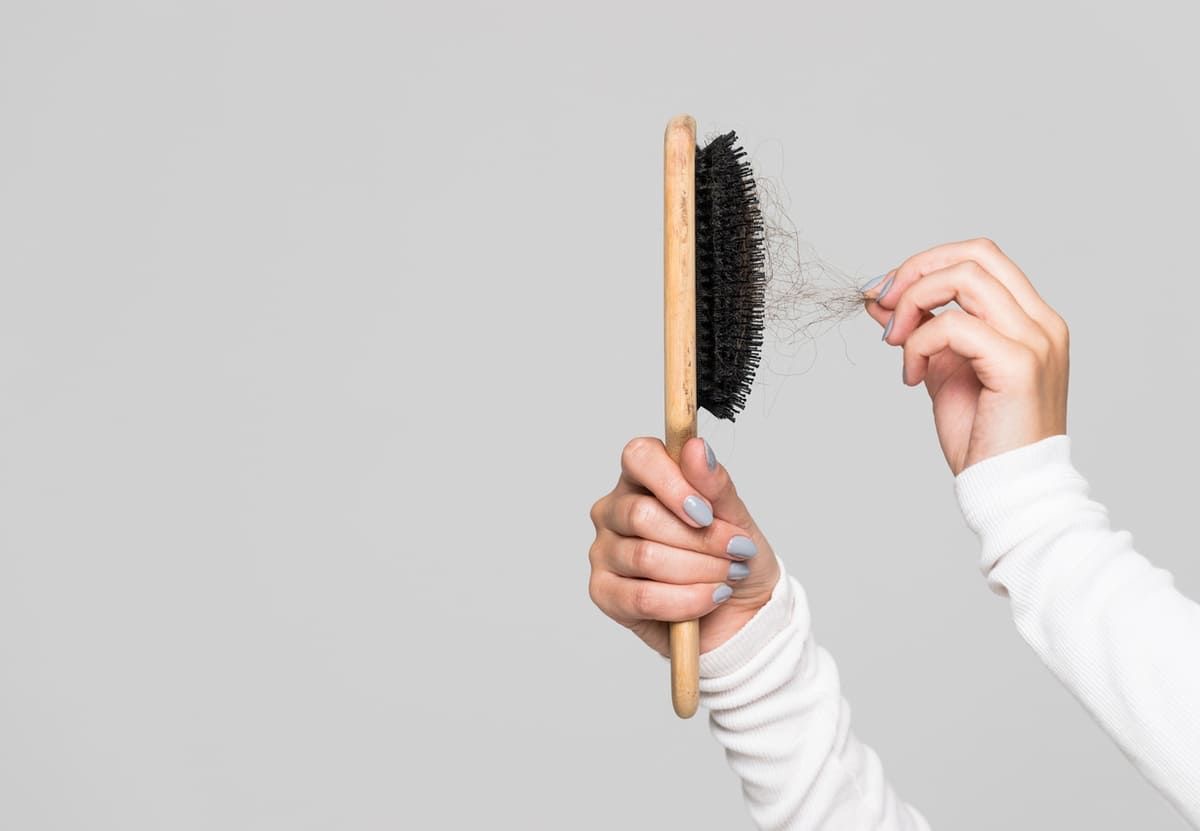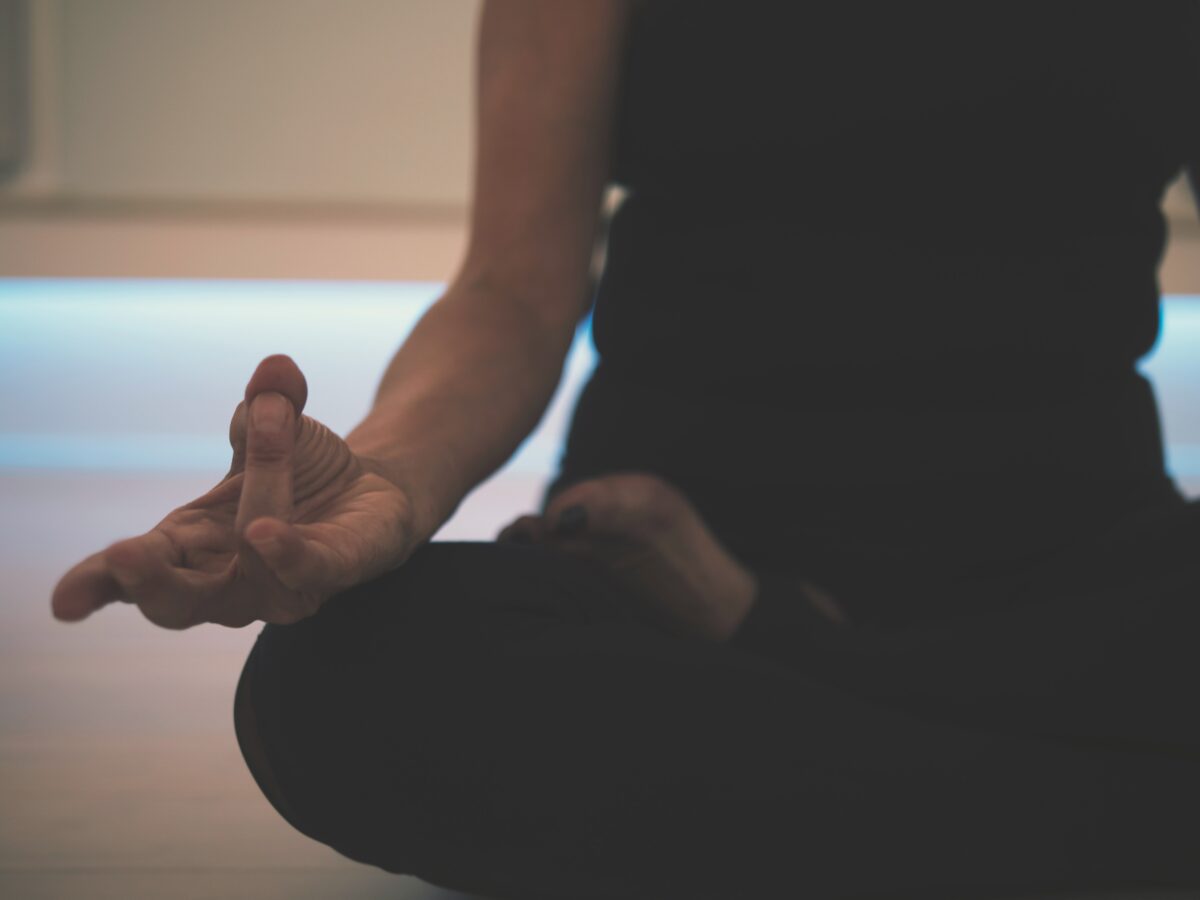Hair Fall is a horror for people of all ages and genders. While some hair loss is normal, excessive hair fall can be depressing and affects self-esteem. Lifestyle, diet, environmental stress, pollution, genetics, age, hormonal changes, are a few reasons behind hair fall. The good news is that, with the correct treatment, hair loss can be reduced or even reversed. Healthy hair is all about the right hair care routine, nutrition intake, and lifestyle. Here, we will explore few effective tips for reducing hair fall naturally. Before we begin, let us look at a few causes of hair fall.
Causes of Hair Fall

- Age : The hair cycle of growth often slows down with age, leaving people with thinner, less dense hair.
- Genetics : One of the most usual causes of hair loss is a family background of baldness. You might be at risk of hair loss if your parents or grandparents had it.
- Hormonal Changes : Hair loss may result from hormonal changes. It might be due to Thyroid or Polycystic Ovary Syndrome (PCOS), as well as pregnancy, childbirth, and menopause.
- Unhealthy Diet : Hair loss may result from deficiency of certain nutrients, particularly iron, zinc, and biotin. A good diet is important for healthy hair.
- Stress : Excessive stress is another reason which disturbs the cycle of hair growth.
- Regular use of Heat and Styling : Using styling appliances such as curling irons, straighteners, and hair dryers on a regular basis can damage our hair and cause hair loss. Over time, harsh chemical treatments such as smoothing and rebonding can also weaken hair.
- Smoking : It destroys hair follicles over time and limits blood supply to them, which can lead to hair loss.
How to Reduce Hair Fall?

- Healthy Diet
Your hair health is greatly influenced by your diet. A diet that is well-balanced gives your hair the nutrition they require. Consider a diet high in proteins, vitamin A, C, E and minerals like iron and zinc.
- Stay Hydrated
Staying well hydrated is important to keep your hair healthy. Try drinking 8 to 10 glasses of water daily to keep your body and hair well hydrated.
- Stress Management

To control your stress level, include yoga, meditation, deep breathing exercises, and physical activities in your routine.
- Scalp Care
The basis for good hair growth is a healthy scalp. Cleanse your scalp frequently to get rid of extra oil and product accumulation. Choose a mild, sulfate-free shampoo and conditioner suitable to your hair type. Oiling will help in strengthening hair and increase blood flow.
- Hair Masks
Hair masks can provide nourishment to your hair. Make your own hair masks, by combining items like yogurt, egg yolks, honey, and aloe vera. These ingredients provide your hair the nourishment it needs to stay healthy.
- Regular Trimming
Split ends can cause additional hair loss, therefore it’s important to regularly trim your hair. For healthier hair growth and to preserve healthy ends, trim your hair every 6 to 8 weeks.
- Avoid Tight Hairstyles
Tight hairstyles such as ponytails, and braids can put stress on your hair and scalp, causing breakage and hair loss. Choose hair ties and accessories that are soft on your hair, and go for looser hairstyles that don’t pull your hair.
- Be Gentle with Wet Hair

Handle wet hair carefully as it is more delicate and prone to damage. When towel-drying, avoid rubbing too hard, and instead of using a brush to untangle your hair, use a wide-toothed comb.
Dealing with hair fall can be a dreadful task, but with the right treatment and continuous efforts, you can achieve healthier and stronger hair. Begin by adopting a gentle hair care routine, avoid heat and chemical treatments, and pamper your hair with natural masks and treatments. Include a balanced diet, stay hydrated, and manage your stress level. Also, trim your hair regularly and choose hairstyles that don’t stress your scalp. If your hair fall continues, don’t be shy to seek professional advice. With these tips, you can take an important step towards reducing hair fall and enjoying a fuller, more vibrant head of hair.



